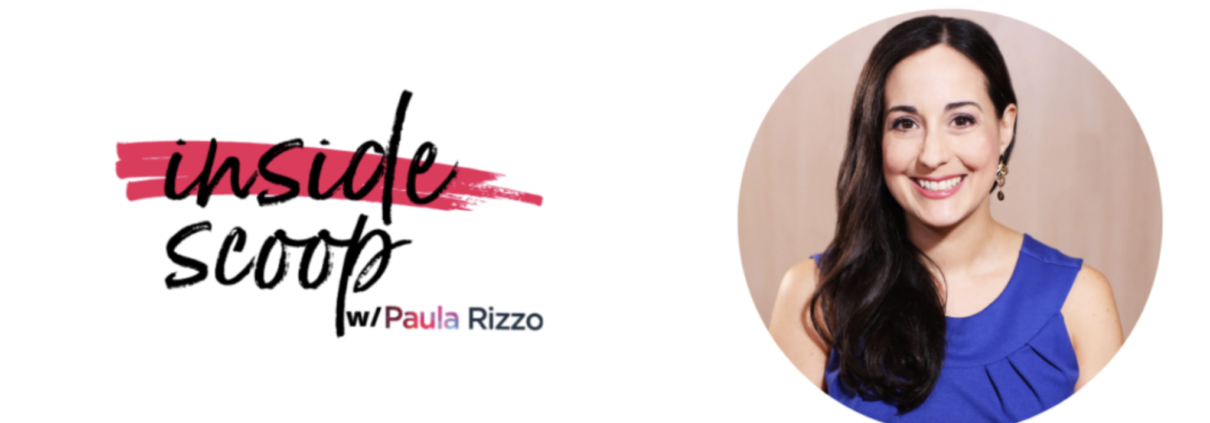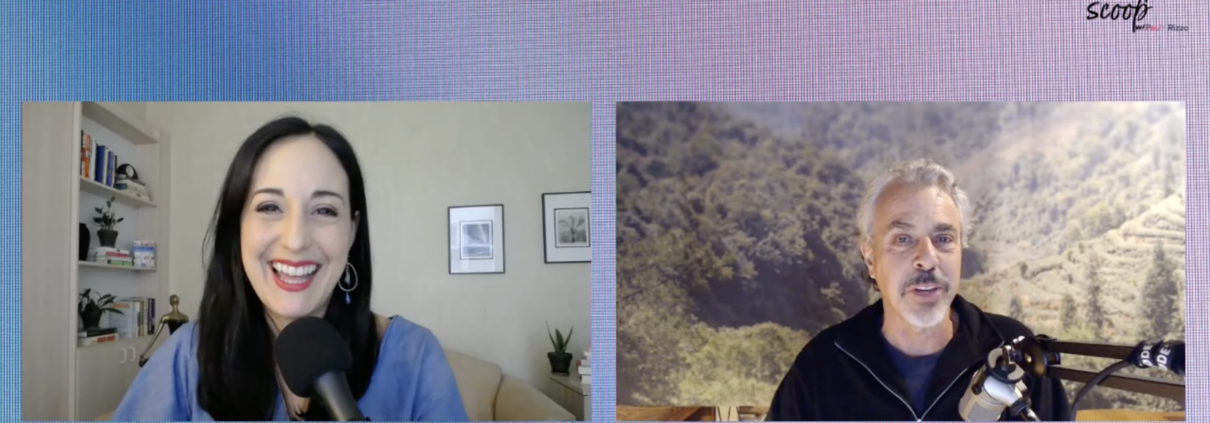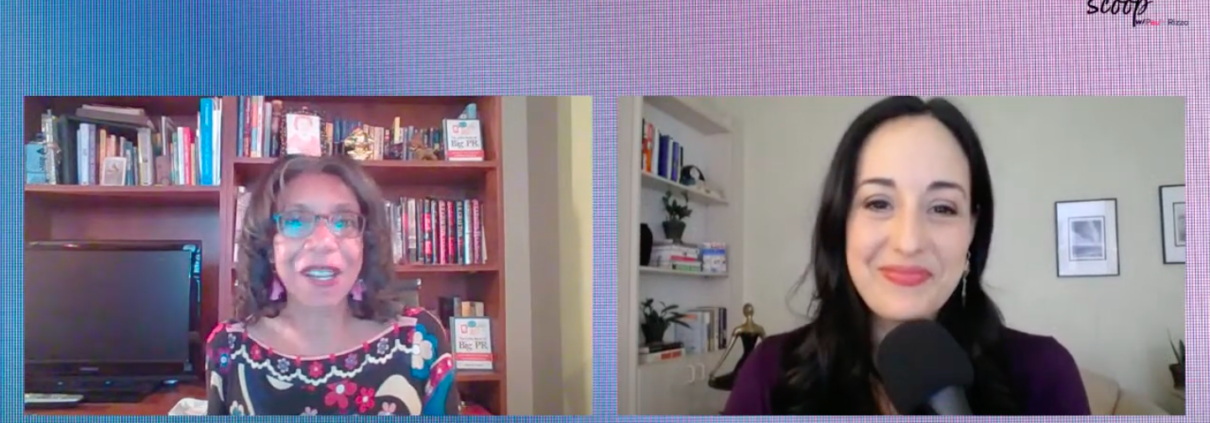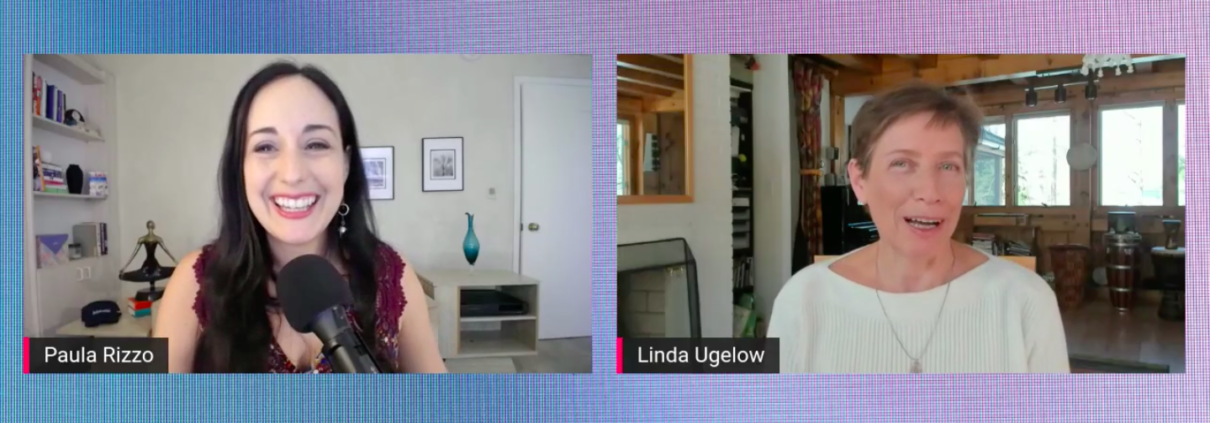BONUS FREEBIE: Your message deserves the media’s attention. So how do you get out there in a bigger way? I’ve got you covered. CLICK HERE to grab my free “Checklist to Become a Go-To Media Expert.”
Imagine having about ten seconds to decide to keep or toss an email. Hundreds of emails. That’s what a typical day is like for a producer or editor.
I used to get so many emails in my inbox when I was a senior producer at Fox News Channel and when I worked in local news in New York City as well. It was impossible to look at them all. So they had to really catch my attention and make me want to find out more.
There were some that popped up over and over again and made me cringe. Don’t make the mistake of sending one of these subject lines to a journalist — she will likely hit delete immediately.
Bad Subject Line #1: What stories are you working on?
Ugh, this is a common mistake. You think you’re being inquisitive and conversational but instead you are inadvertently rubbing a producer the wrong way with this subject line. Here’s why — it makes them do all the work!
Editors and producers would have to stop, think about it, and write you back. Plus, they might not even know who you are. Journalists just don’t have time to do an audit of all the stories they’re working on.
Instead, make your offer. Tell the journalist how you can help them do their job better. Is it that you are an expert in Jamaican cooking and you have a few simple recipes to share for the cold winter months? Or maybe you’re a publicist and you have several experts to share. Give up the goods! Show the producer what you can do to help them lighten their load, don’t add to it.
Bad Subject Line #2: Can I pitch you?
Don’t ask to pitch – because you could have wasted your one shot at getting the person’s attention. When I saw emails with this subject line, I had no idea what was inside – it didn’t give me one detail. So I would just pass it by.
Instead, be catchy. Lay out your topic in a compelling way. Watch some TV news shows to get this tactic down. You know right before they go to commercial how they say “Coming up after the break” and go into what’s still to come? Well, those are called teases and they are meant to whet your appetite and keep you watching.
Do the same with your subject line. Make me want to find out more about what you’re offering. Also take a look at magazine and newspaper headlines for inspiration.
Bad Subject Line #3: Can I call you about this?
No, because journalists just don’t have time to talk to you on the phone — especially when you haven’t made it clear what you’re pitching. So unless they know what they’re going to get from you, the answer is no.
Instead, I loved when pitches gave me a glimpse. Show the journalist what you as an expert can give their audience. The one question you should be answering with your pitch is “why do I care?” And that “I” is the producer or editor who is sitting in the place of her audience. So why does that audience care about what you have to say?
Bad Subject Line #4 : Anything including “breakthrough” or other over-the-top claim
While obviously something described as “breakthrough” might have initially gotten my attention, my BS meter is highly calibrated. People were always trying to dupe me this way to get media coverage. I always knew in seconds whether the person pitching me actually had the goods. So you better be sure you do. Because fool me once…and that’s it. Make a big claim, and fail to deliver, and journalists will no longer take your pitches seriously.
Instead, deliver on your promise.
Make sure whatever it is that you choose to send to a journalist is rock-solid information. Don’t go all over the top or outlandish to get their attention if you can’t deliver. Be careful with how you frame your stories because more than just getting media exposure you want to develop real relationships with members of the media.
How do you think producers find recurring guests? They keep going back to the experts that deliver quality content over and over again.
BONUS FREEBIE: Your message deserves the media’s attention. So how do you get out there in a bigger way? I’ve got you covered. CLICK HERE to grab my free “Checklist to Become a Go-To Media Expert.”
This post contains affiliate links and I will be compensated if you make a purchase after clicking on my links.










